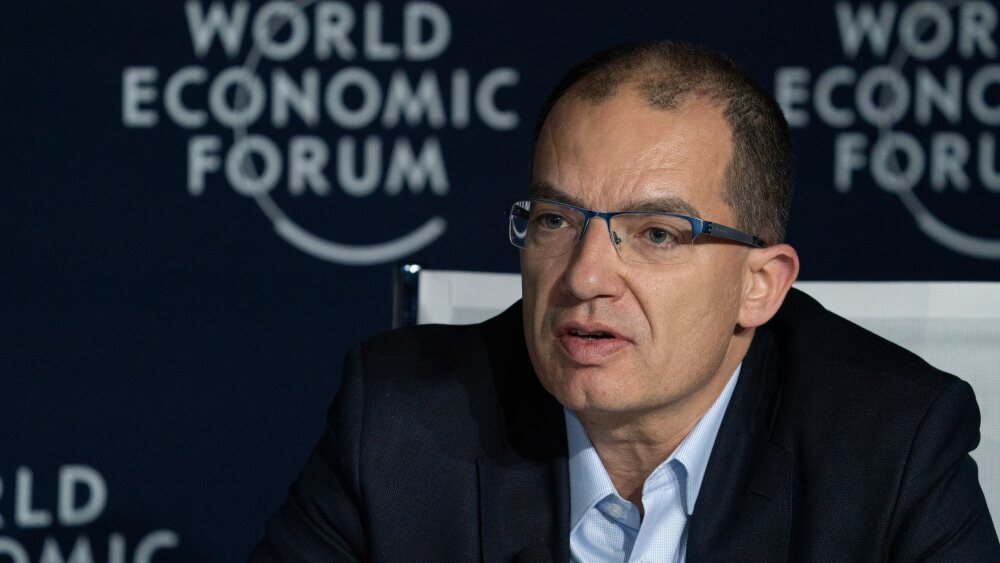February 13, 2015
By Mark Terry, BioSpace.com Breaking News Staff
Korean company Samsung Biologics, the pharmaceutical unit of Samsung Group, announced Thursday that it will be issuing new shares worth $133 million this month. The resulting cash will be spent on plant expansion and a push to develop biosimilars.
Songdo, Incheon, South Korea-based Samsung Biologics is a pharmaceutical contract manufacturing organization. It describes itself as providing “high-quality manufacturing services for mammalian bulk manufacturing through full fill and finish.” Clients include Bristol-Myers Squibb Company and Roche .
The company is expanding its manufacturing facility, which will be completed in 2016, investing $700 million in the plant. When completed, it should be able to produce 180,000 liters annually.
On Aug. 20, 2015, Samsung Biologics announced it had inked a strategic alliance with Merck Millipore. As part of the deal, Merck will provide the raw materials for biopharma manufacturing.
“Samsung Biologics is delighted to develop a strategic alliance with Merck,” said Biologics president and chief executive officer, TH Kim, in a statement, which will not only provide us a stable supply of crucial raw materials but also bring mutual advantages for both companies.”
The recent investment in the company may be to bolster its economic sluggishness. The company posted an operations loss of 146.3 billion won in 2014, a significant change from 2011, when its operating losses were 12.2 billion won. Sources indicate that with the investment into facilities and research and development, turnaround may still take two or three more years.
Part of the company’s strategy is apparently to focus more on the biosimilars business. Biosimilars are a type of genetically engineered drug that functions for the most part like a generic drug. An IHI report, “Medicine Use and Shifting Costs of Healthcare,” published in April 2014, found that 86 percent of all the prescriptions filled in the U.S. are generics. In the next five years about 5 percent of branded drugs are expected to lose exclusivity.
“We don’t have as many high-profile drugs going generic,” said Adam Fein, an industry analyst and president of Pembroke Consulting in a statement. “And in some generics, we have a very fragile supply chain, with just one or two suppliers. If there is any disruption in manufacturing, you have a shortage and increasing prices.”
Which may underline Samsung Biologics’ push in this area. There is also speculation that the Samsung Group may create a new holding company that would combine the organization’s various healthcare businesses under one umbrella under the leadership of Lee Jay-yong, vice chairman of Samsung Electronics, described as the “group’s de facto leader.” The company’s medical equipment division, including Samsung Medison, a manufacturer of ultrasound equipment, is run by Samsung Electronics.
BioSpace Temperature Poll
Who Do You Think Will Be Sanofi’s New CEO? French drugmaker Sanofi said Thursday that it will name a new chief executive in mere weeks, as it attempted to put to rest rumors that the company could not find any executives willing to take the reins after it unceremoniously ousted its previous CEO last fall. Who do you think will soon be crowned king? BioSpace wants your opinion!





